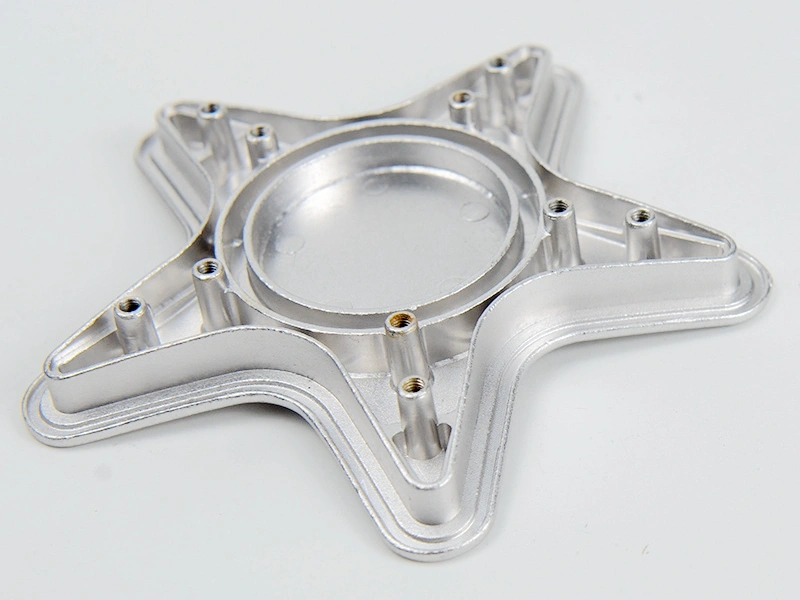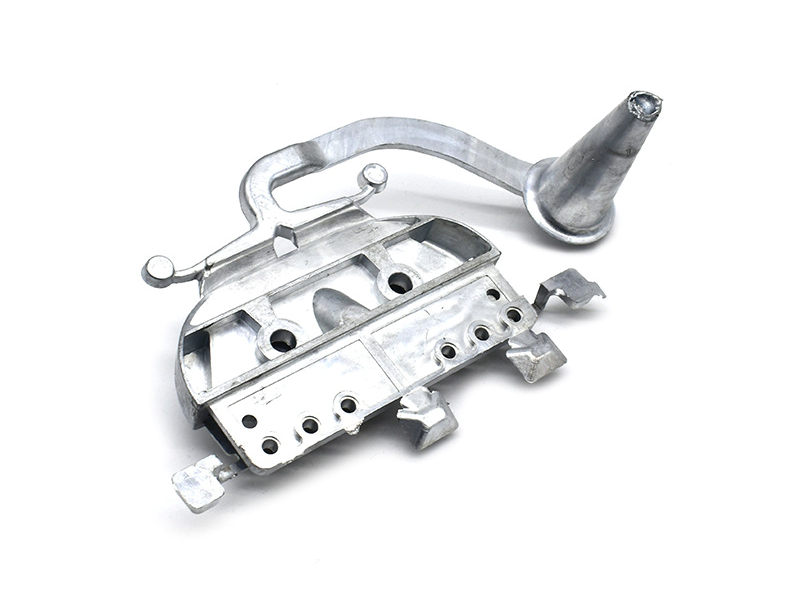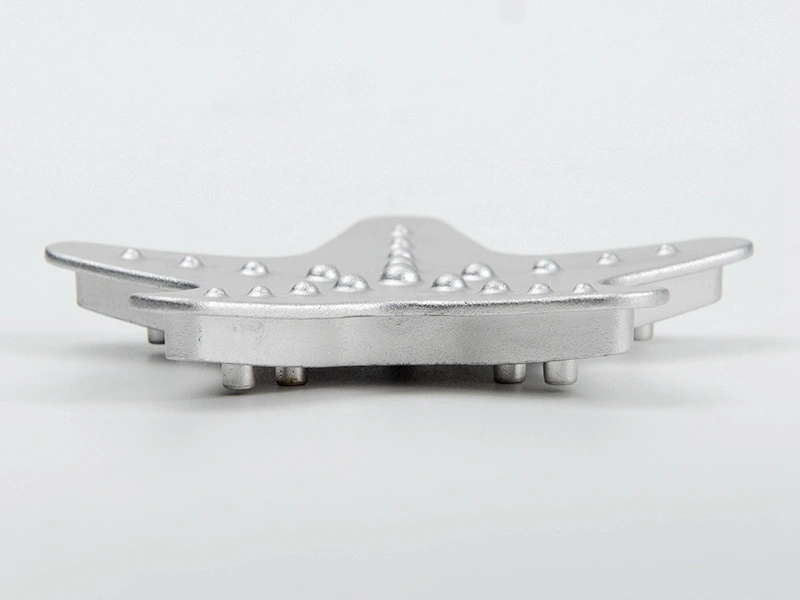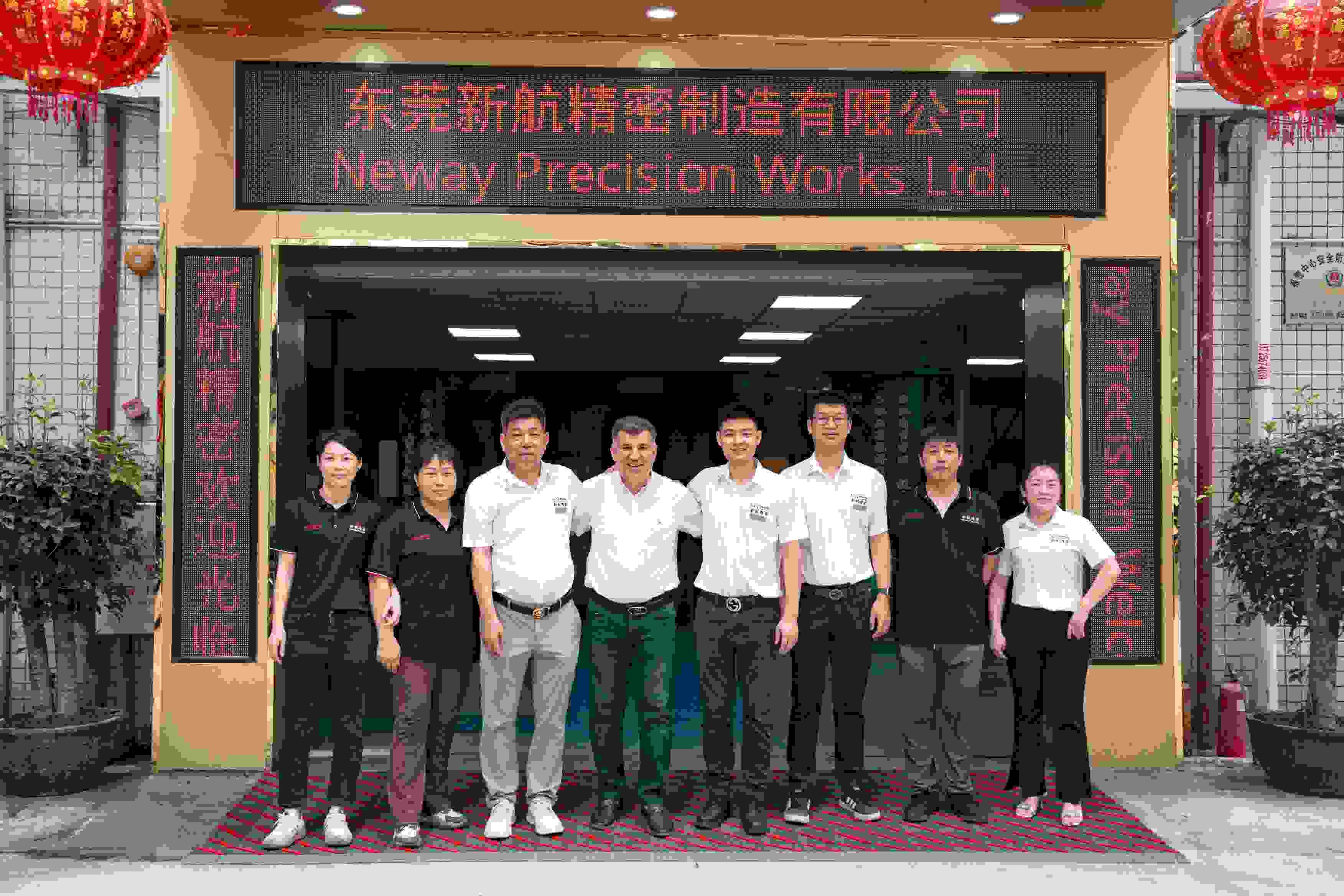What is the typical lead time and die life for Zamak automotive components?
What Is the Typical Lead Time and Die Life for Zamak Automotive Components?
Typical Lead Time for Zamak Automotive Components
Zamak alloys such as Zamak 3 and Zamak 5 offer excellent castability and short cycle times, making them well-suited for high-volume automotive production. Neway’s standard lead time for Zamak automotive components is as follows:
Tooling Development: 20–30 working days depending on part complexity, cavity number, and mold base configuration
First Article Sample (T1): 3–5 working days after tool assembly
Pilot Run or Initial Batch: 7–10 working days post-approval
Mass Production: Daily output of 1,000–5,000 pieces depending on part size and mold cavity
For urgent development, lead time can be shortened using rapid prototyping or single-cavity pilot tooling before committing to full production tooling.
Die Life of Zamak Tooling
One of the key advantages of zinc die casting is its low melting temperature (~385°C), which significantly extends the life of steel dies compared to aluminum or magnesium casting. Typical die life expectations for Zamak alloys are:
Standard H13 steel tooling: 500,000 to 1,000,000 shots
Premium H13 or H13X with optimized thermal control: Up to 1.2 million shots
Simple components with minimal side action: May exceed 1.5 million cycles
The longevity of the die depends on factors such as:
Mold material and heat treatment
Cooling channel design and thermal cycling
Part geometry and ejection force requirements
Surface coatings or nitriding treatments applied to the cavity
Lubrication and maintenance intervals
Neway uses advanced tool and die making methods and mold flow analysis to maximize die performance and cycle repeatability.
Maintenance and Efficiency for Long-Running Zamak Tools
Routine preventive maintenance is performed every 50,000–100,000 shots
Tool refurbishing may be done at half-life to restore dimensional accuracy
Inserts are used in high-wear zones to extend tool life without full retooling
Neway tracks tooling life and performance through digital maintenance logs to ensure consistency across long-term automotive programs.
Neway’s Zinc Casting Solutions for Automotive Applications
Neway supports long-lifecycle automotive projects with:
End-to-end zinc die casting for trim, handles, actuators, and brackets
Durable tooling optimized for over one million shots
Fast prototyping to reduce product launch time
Post-processing for plating, coating, and dimensional finishing



